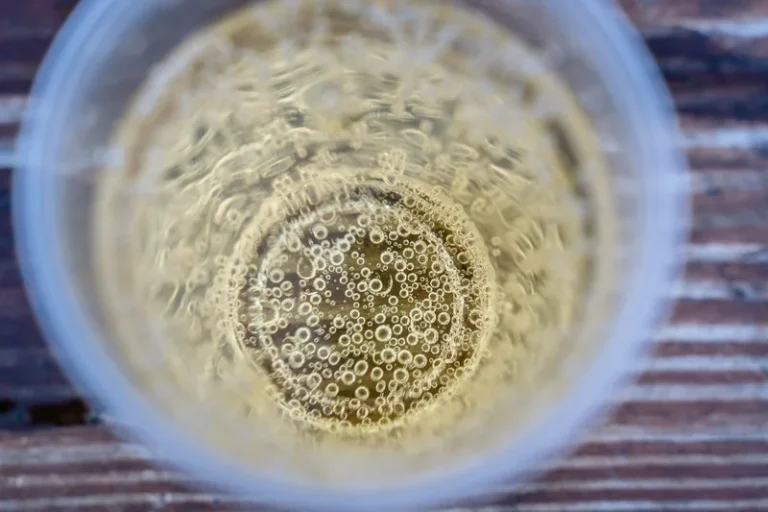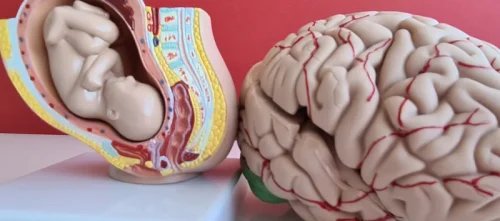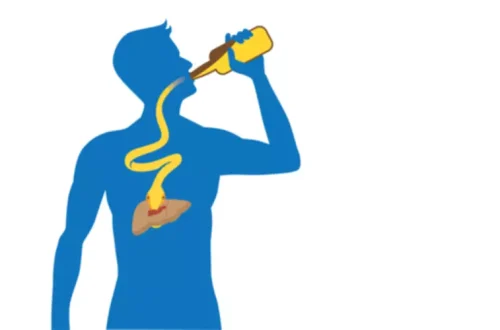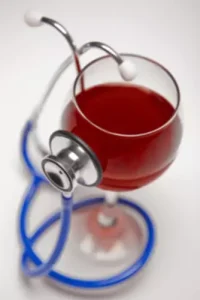
I’ve found statistics that indicate a 20% increase in divorce rate for couples dealing with alcoholism in the marriage. Living with an alcoholic spouse can be draining marriage changes after sobriety and frustrating. It’s important to understand that alcoholism is a disease, and your spouse may have underlying issues that trigger the cravings for alcohol.
- One of the biggest challenges of having a spouse who is not sober is that you may feel like you’re always walking on eggshells.
- One (or both) partner’s substance use can become the source of arguments.
- Recovery is a process that takes time, and it’s important to focus on your sobriety first and foremost.
- It can be a specific time of the day, people, place, or certain stimuli.
The Role of Soberlink in Recovery and Rebuilding Trust

Writing out how you feel is cathartic and helps you find the words to talk to your spouse. It may also serve to open the lines of communication damaged by months or years of anger and hurt. If the partner living with SUD hasn’t found healthy ways to cope with the trauma or PTSD, then it could begin to affect them in negative ways. Addicts may also resent their dependency on their spouse and feel managed by them. Their partners cling to control and have trouble focusing on themselves.

Understanding Alcohol Use Disorder: The Medical Perspective

All of these stressors can result in the addict drinking or using in order to return to the familiar status quo. It may mean that he or she needs more support or is trying https://ecosoberhouse.com/ to make change too rapidly. Both partners need outside help to alleviate stress on the family system and guidance in learning new coping and communication skills.
Loss of trust
Trust is linked with intimacy, so understand that your spouse may need time to rebuild the sexual part of your marriage as well. The recovering addict needs to focus on sobriety and may not always be able to prioritize the relationship, and his or her spouse must understand this. Of course, the addict’s ability to maintain sobriety will be essential to your ability to maintain the marriage as well. Remember, recovery isn’t just about ceasing alcohol consumption—it’s about regaining trust, mending relationships, and reaffirming commitments.
The patterns and interactions that were established during addiction are basically obliterated. A husband who used to stay out late drinking will now be spending much more time at home. A wife previously addicted to painkillers to numb difficult emotions or situations will now have to deal with them head-on, without the aid of substances. Codependent behaviors that used to be the norm are disrupted as couples stop playing the roles of addict and enabler and have to find their way back to the roles of spouses. Finally, trust between couples may have been broken during addiction if a partner lied about substance abuse and the process to rebuild it may not always be smooth.
- In fact, there are many different aspects to building healthy relationships.
- The lessons we learned are not gender specific, and the ebook is applicable for husbands of alcoholic wives in recovery, and same sex marriages as well.
- Often, there is a “honeymoon” period when they’re on their best behavior and reaffirm their love and commitment.
- We drank and chain-smoked in our respective lawn chairs.
- I don’t get much out of the unicorns and bubblegum inspiration about how everyday is perfect in sobriety.
Every day was a big, stressful mess.
There was a limit to his vulnerability though he longed for mine. I experienced it as his fear that I would not love him if I really knew him. This puzzled me as I had repeatedly been present to him. When it was triggered, which often occurred in his family relationships, he immediately withdrew. Blind to the phantom of addiction I was battling, I threw my executive skills at him.

Can You Sweat Out Alcohol? A Quick Breakdown.
In other words, it continues even when the substance use has stopped. Codependency can continue to affect marriages even after your partner has become sober. Design for Recovery offers the skills and support for lifelong sobriety. Your partner may already feel guilty about their situation, and the best action is not to add to it. ” or “This is your fault.” Your partner may become defensive instead of opening up and sharing their thoughts. It’s best to talk to them calmly and ask if they would like to share something about their journey.
